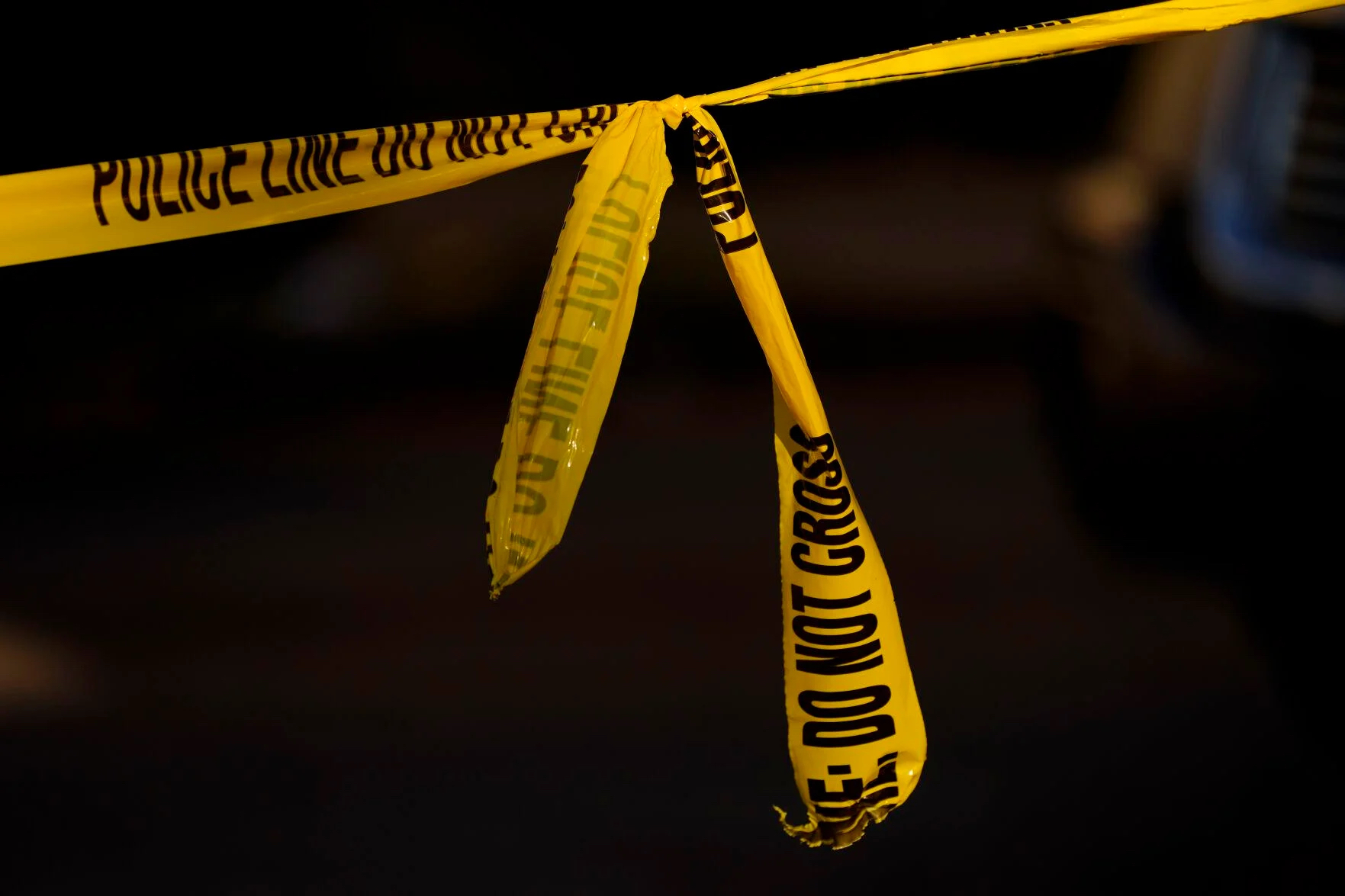Illinois swatting calls three times higher in 2023 than in 2022

The increasing trend of “swatting,” faking dangerous crimes that cause police to respond with force to the victim’s home, has become a popular tactic in Illinois.
Criminologist Currie Myers said these crimes are acts of domestic terrorism that put the lives of both victims and law enforcement in harm’s way.
“Swatting is extremely dangerous. Somebody could get hurt, somebody could get killed and it’s also extremely expensive. The labor resources that are used for tactics to go and respond to these issues can be in the multiple of thousands of dollars,” Myers said.
Myers said for swat calls to stop there must be strict penalties enacted in every state, and prosecutors have to hold the criminals accountable.
“I personally feel that we have seen an increase in narcissism, Machiavellianism and certain psychopathies that include sadism. The best way to foster these dark psychological traits is through the social contagions we see on social media and technology,” said Myers.
Myers holds a doctorate and has a combined 35 years of professional experience as a law enforcement officer at the local, state and federal level.
The Illinois State Police Statewide Terrorism & Intelligence Center tracks swatting calls that are reported from public safety organizations. The 2023 data shows swatting calls have increased threefold since 2022. There are likely instances of swatting in Illinois where the center has yet to receive official reporting.
In 2023, the Illinois State Police reported 181 swatting incidents and in 2022 there were 59 reported incidents. In 2021, there were 19.
Myers said the swatting calls can be made by “state actors.”
“So just don’t think it’s somebody who is sitting in their basement at their parent’s house, these [swatting calls] can be specific and targeted even by governments that don’t agree with the United States,” Myers said.
The federal government has a law against swatting, a felony. However, Myers said the FBI doesn’t have the resources to go out and investigate the large amount of swatting that has occurred across the nation.
“The last thing we need to do is defund the police. In fact we need to increase funding and training for law enforcement to be able to investigate at a high level more and more things, and swatting would be one of those things that they have to investigate fully and completely,” Myers said.
Myers said law enforcement has to do a better job at vetting these phone calls before they send officers out. However, the longer law enforcement vets means seconds could be lost, and if something is real, it becomes problematic because officers aren’t getting there in time.
“I am a huge supporter of evidence-based policing. In most cases, police operate off historic information and they don’t see information in real time,” Myers said. “With technology, there are ways we can see information in real-time, but we have to have the software and training.”
Myers suggested that the extra funding not come from fines and fees because it drives a wedge between police and the community.
“Police need to be funded through general funding capabilities,” Myers said.
Miss Clipping Out Stories to Save for Later?
Click the Purchase Story button below to order a print of this story. We will print it for you on matte photo paper to keep forever.

